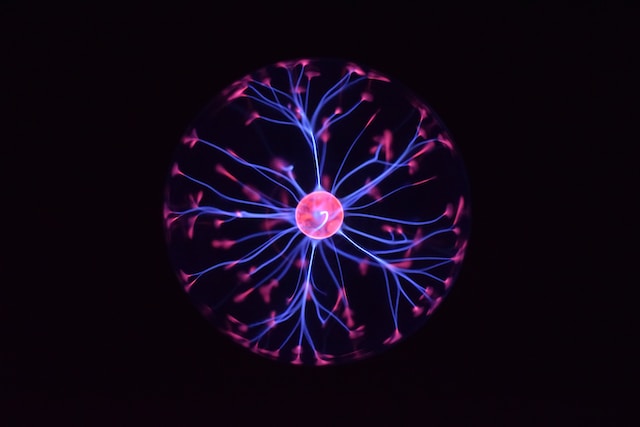In her video on cryogenics and its future, science writer Samantha Jones (PhD) poses the question whether Ted Williams’ frozen head will be revived in 200 years and attached to giant robotic spider legs. Our answer: probably not. But is there a chance that this could actually become a reality?
Based on our knowledge of the human body, biochemistry and, more specifically the human brain, life extension through cryogenics is likely to be a possible option in the future. Probably without the spidery legs, but who knows?! Taking Samantha Jones’ comments into consideration, this article provides a quick overview on the success rate of cryogenics.
How Cryoconservation is Supposed to Work
If you decide to be cryogenically frozen, the first step is to purchase a membership at one of the providers. Once you are legally pronounced dead, you will get picked up by an emergency response team from your chosen cryonics facility. During this process, you will be packed in ice, your brain will be provided with oxygen and you will get an injection of a chemical solution to prevent your blood from clotting on your way to the facility. Upon arrival at the storing facility, your blood will be removed and replaced with a cryoprotectant, to prevent the formation of ice in your cells, using the process of osmosis. After this procedure, your body will be stored away in liquid nitrogen for however long it takes for technology to be as advanced to bring you back to life The exact time frame is currently unknown. It could already be possible in the near future or take centuries.
The Limiting Factors
The mechanism of thawing, the removal of the cryoprotectants (like glycerol or the like) and the rehydration of the dead body is a highly complex process. Scientists agree that this procedure still needs further research and is considered a limiting factor within the field of cryonics. The current reality is that no one has ever succeeded in freezing cells in a test tube for an extended period of time. Even in the best-case scenario with cells in a test tube, a significant proportion of cells still dies within a very short time after thawing. When it comes to a whole and complexly assembled human body – not to mention a human brain – one can only imagine the amount of research that is yet to be conducted before first breakthroughs will be reported.
Unfortunately, the processes of cryoprotection as well as dehydration, freezing and thawing, have quite a strong potential for destroying or damaging the complex interactions within each cell. These complicated processes are not yet fully understood, but definitely mess up the function of proteins and DNA within the cells and leave them irreparably damaged.
One urgently needed task is to find a solution to block or prevent the stress caused in the cells in the first place or alternatively, to make the occuring damage reversible. At the moment, there is no way to predict how far advanced technology will be in the near future. There is a chance that humans will soon be immortal and able to cure the most threatening diseases. Nonetheless, it could be much longer before an actual breakthrough to happen. Until then, cryonics remains a futuristic chance at an indefinite lifespan.
The average costs of freezing a whole body are approximately $100,000. There is the option of only freezing the head, which is not only cheaper, but also might have some major biotechnical advantages compared to having to rebuild the whole body after the thawing process.
For now, there is no significant difference between getting buried, cremated or frozen – so why not give it a shot, and make death an option instead of an inevitable event?
What do you think about cryonics and the possibility of regaining life after death? Would you try it or rather spend your money on a nice car?
We are curious to hear about your opinion!














